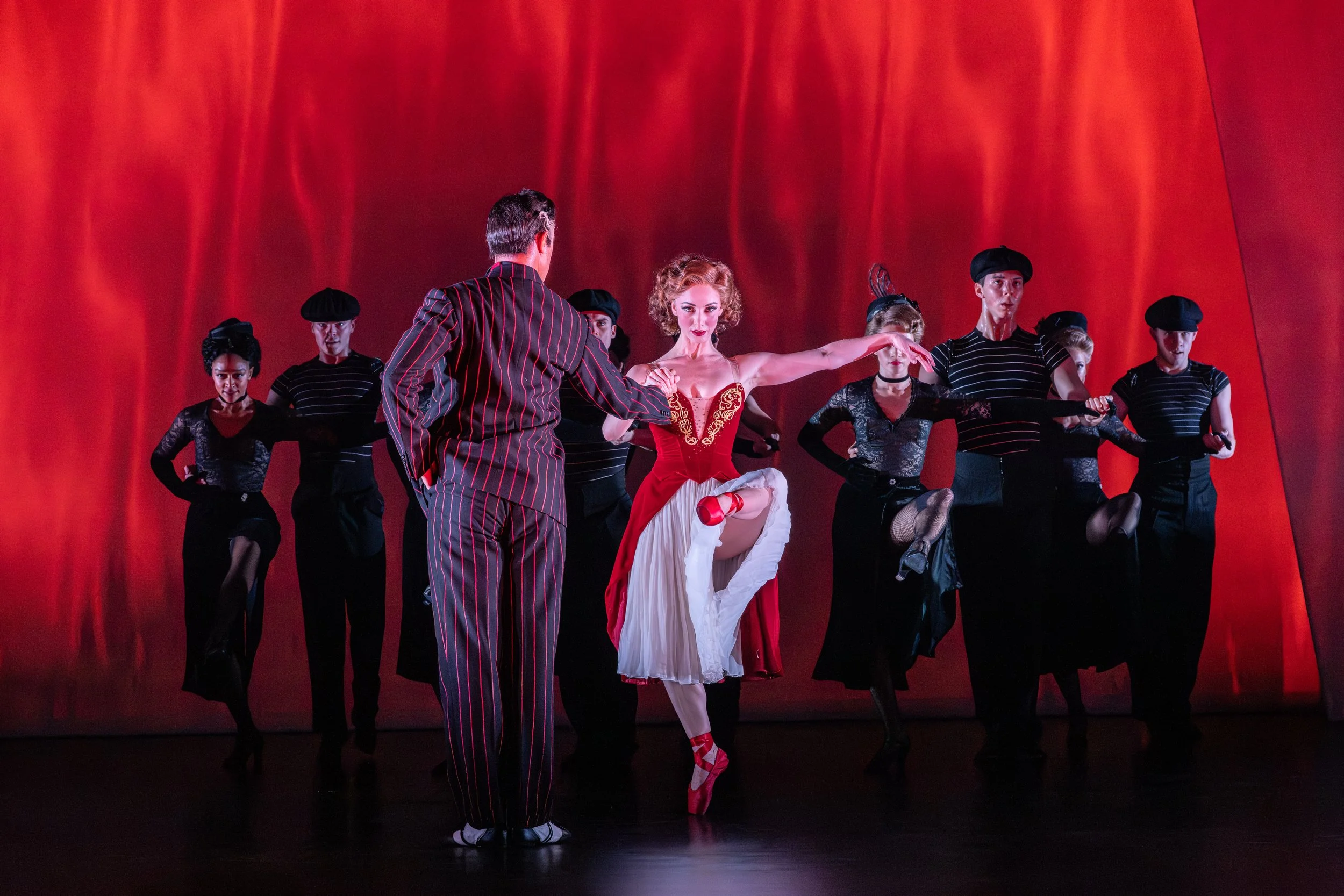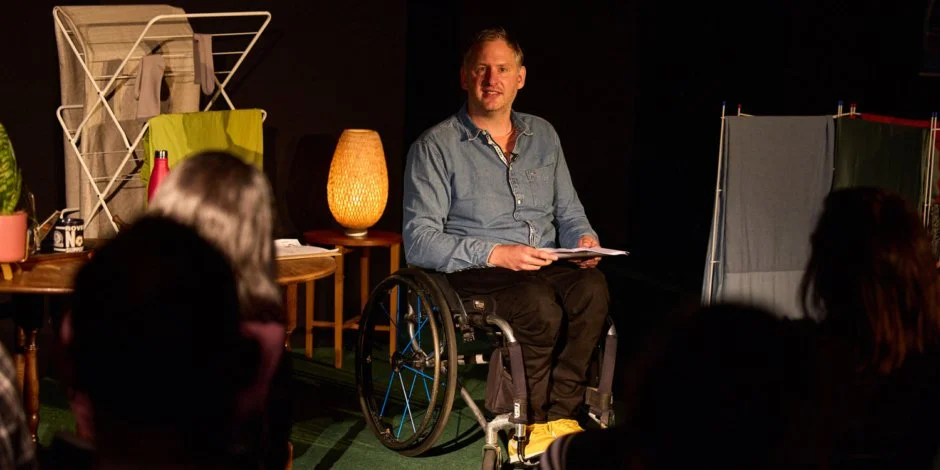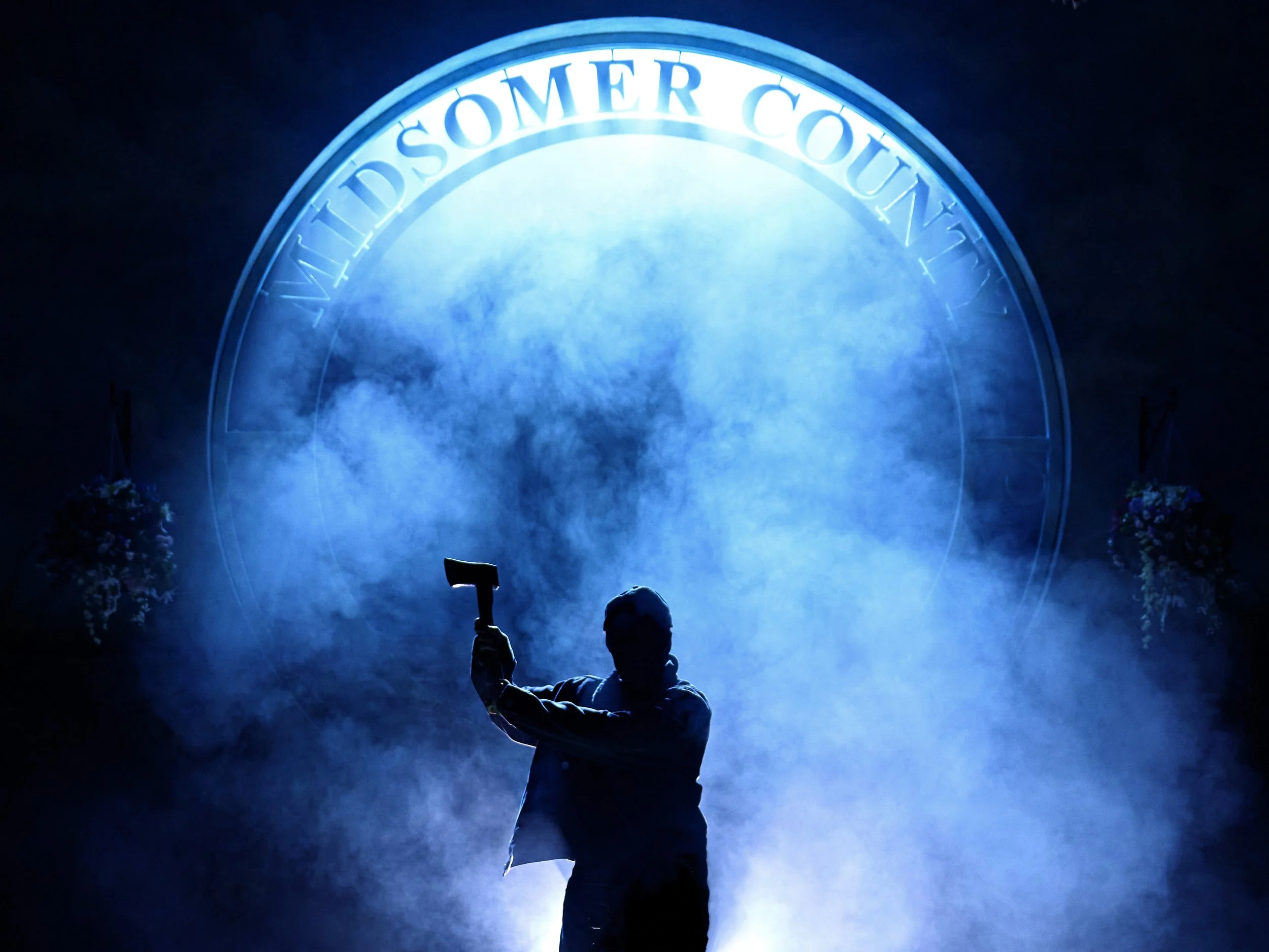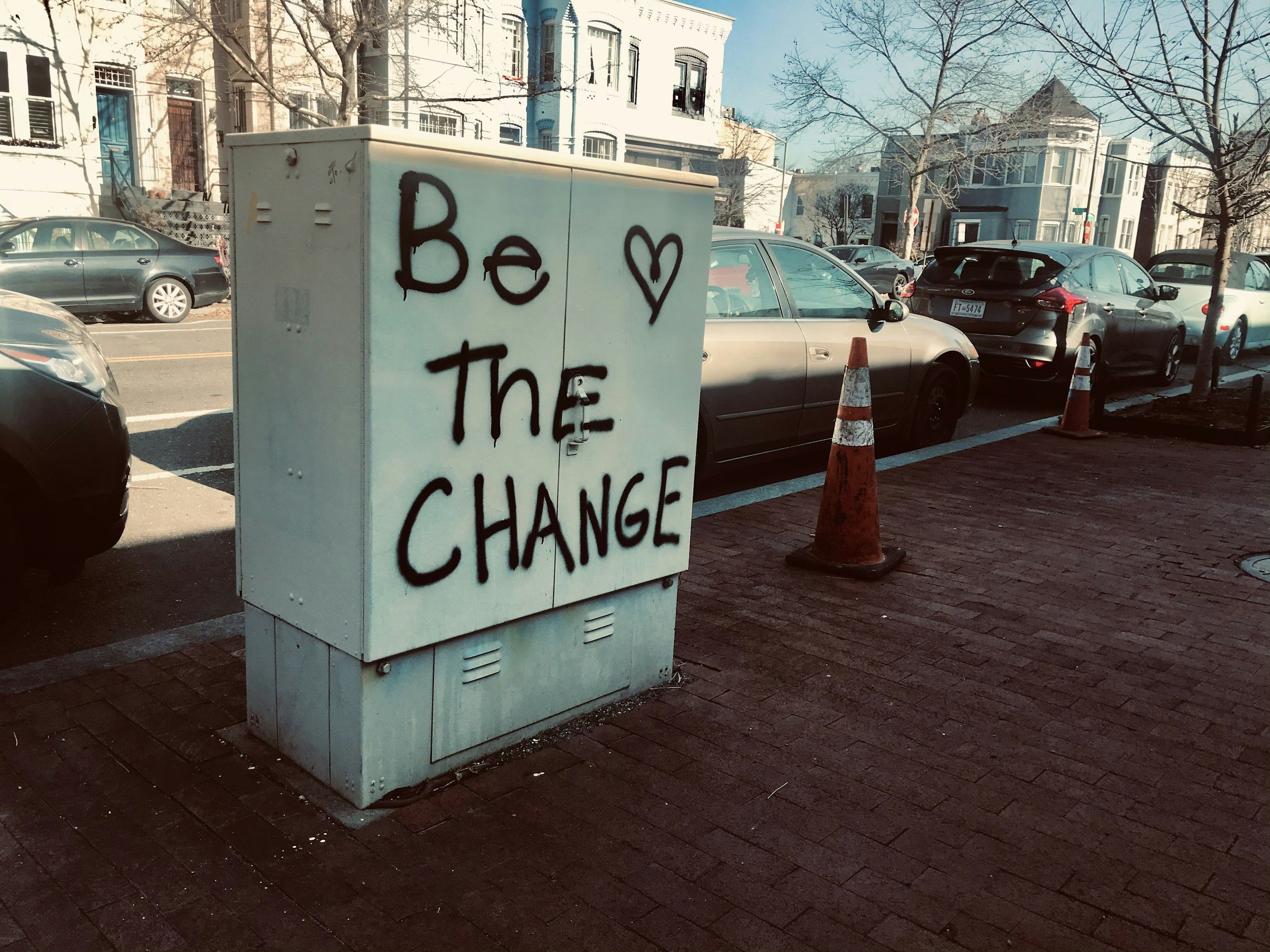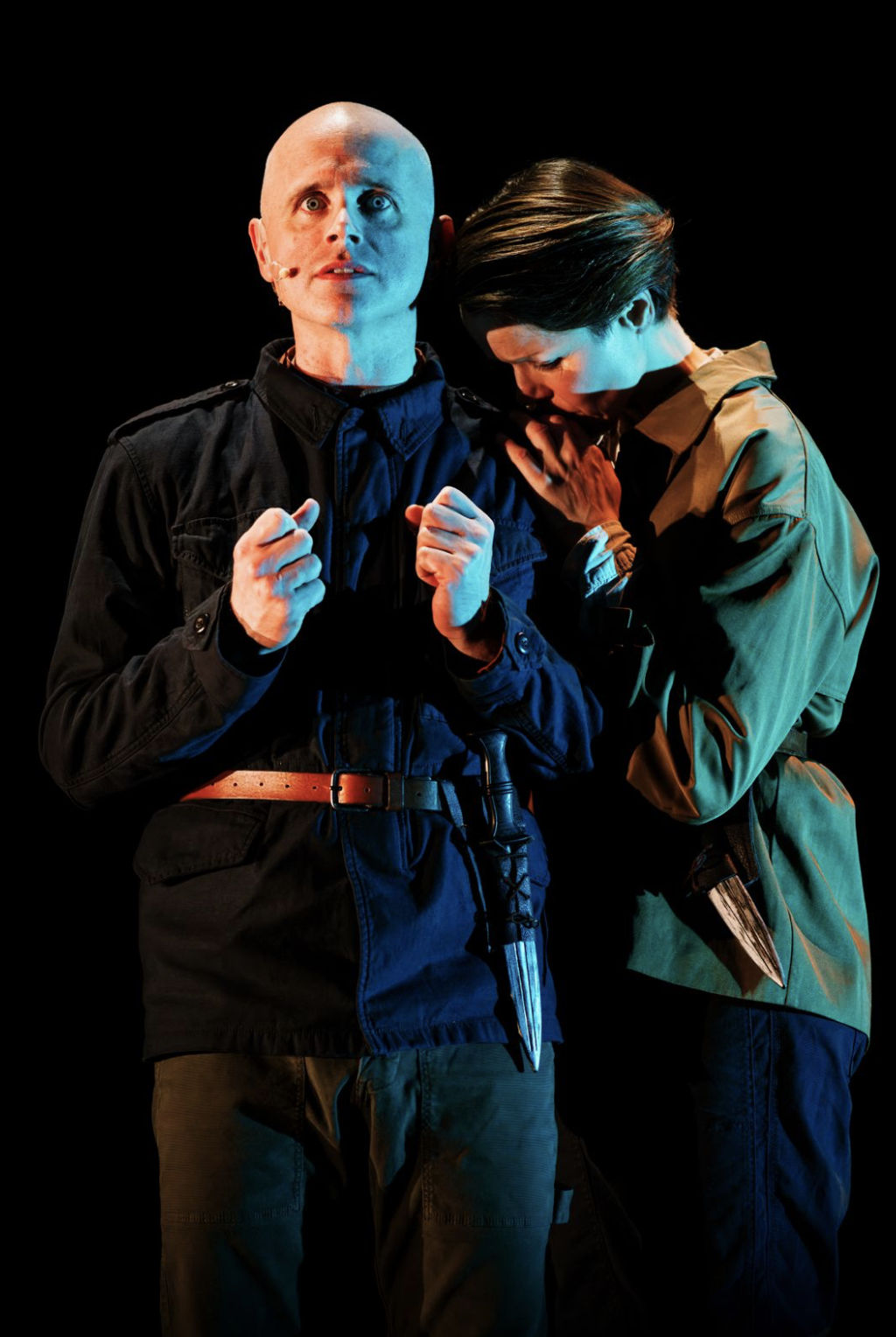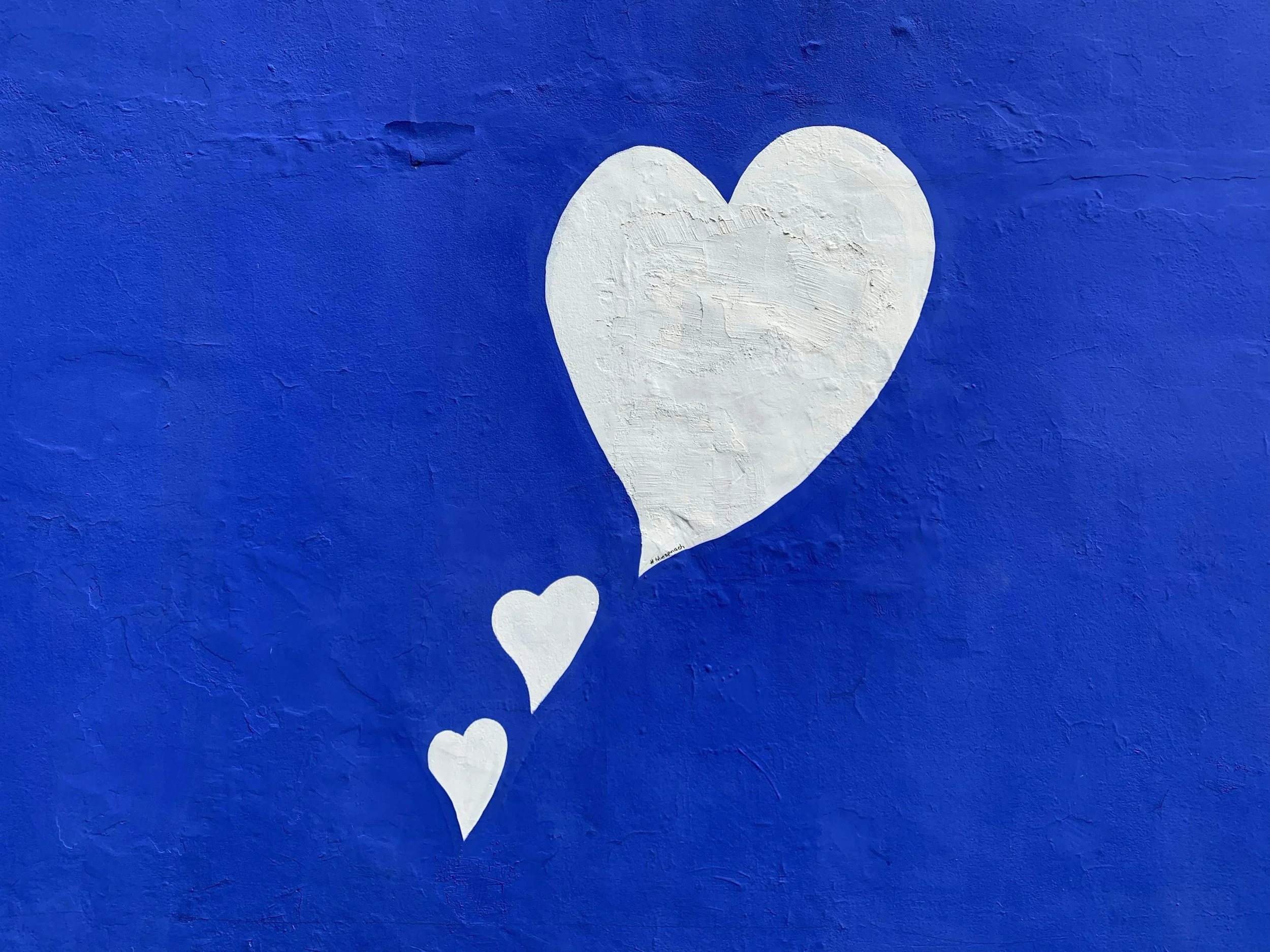Bisexuality and Biphobia
Let’s start saying that bisexuality is a valid sexual orientation that no one should ever question. There are indeed many labels within the LGBTQ+ community, and many of them overlap, but it is no one’s business how one decides to define their sexuality.
We can define bisexuality as the ability to feel romantic/sexual attraction towards more than one gender and sex. It is a sexuality that goes beyond the dualism of Heteresuality and homosexuality and looks at the fluidity of love.
Because of its complexity, many misunderstand and develops fears towards bisexual individuals.
For instance, many questions that bisexuals have to endure are: “what percentage are you attracted to women and men?”, “Do you have a preference?” “Do you still find the other sex/gender attractive when in a homosexual relationship and vice versa?”.
These questions, even when they come from a place of curiosity and good faith, can undermine the validity of bisexuality as a sexual orientation. Asking bisexual people to explain their sexuality as if they have to make sure that they give a good explanation can sometimes come across as offensive.
Biphobia is very real both in the heterosexual and LGBTQ+ world.
Many feel they don’t belong in either community. Bisexuals feel stuck in a limbo where they belong to a community more the other depending on who they are dating.
As someone who dated both men and women, I have always felt the pressure to outline my definition of attraction and sexuality further.
In the LGBTQ+ community, many bisexuals are excluded because they still hold a privilege when dating the opposite gender. Although this is true to some extent, e.g. marriage and rights to love, that does not mean bisexuals people do not have to endure homophobia and biphobia.
A while ago, I saw a post that defined bisexuality as a sofa-bed. When the sofa is just a sofa, it is still a sofa-bed, and when the couch becomes a bed, it’s still a sofa-bed.
The social pressure to pick a side becomes a genuine thing when it comes to mental health.
The ‘Who I Am’ study conducted on 2651 Australians who identified as bisexuals or had bisexuals experiences, found out that:
“Bisexual people have consistently been found to have poorer mental health than their gay, lesbian or heterosexual counterparts.1–7 They are significantly more likely than those of other sexual orientations to be diagnosed with a mental health disorder,1 have symptoms of depression and anxiety,2 harm themselves3,4 and report suicidal ideation.”
Among 1667 respondents, 40% declared they had depression in the past, and 31.7% thinks of currently having an anxiety disorder.
The results are staggering and yet not surprising.
As a society, we are asked to follow a binary where if one does not identify as heterosexual, must identify as homosexual. There is nothing more fluid than attraction, gender and love itself.
Bisexuality is a valid sexual orientation, and no, it is not a phase. It could be pretty offensive to refer to bisexuality as a phase or even to mention that a bisexual individual is confused about their sexuality because they do not follow the binary.
Moreover, it is also highly inappropriate to assume that bisexuals are cheaters, or sexually greedy because attracted to more than one gender, just like it is not correct to offer threesomes to bisexuals.
As a rule, do not ask for a threesome if the person in front of you comes out as a bisexual, it is rude, inappropriate and offensive. Bisexuality is not just a sexual orientation, but it is an integral part of identity.
Think twice before commenting on someone’s sexual identity, and if you have questions, make sure to check them out on google first, and then ask for clarification. It is not up to LGBTQ+ people to start debates on sexuality to prove a point.
RESOURCES:
https://www.entitymag.com/biphobia-bisexual-lgbtq/
https://www.advocate.com/bisexuality/2014/06/02/13-things-never-say-bisexual-people
Originally written for thepinklemonuk.com by Cloe Grampa




